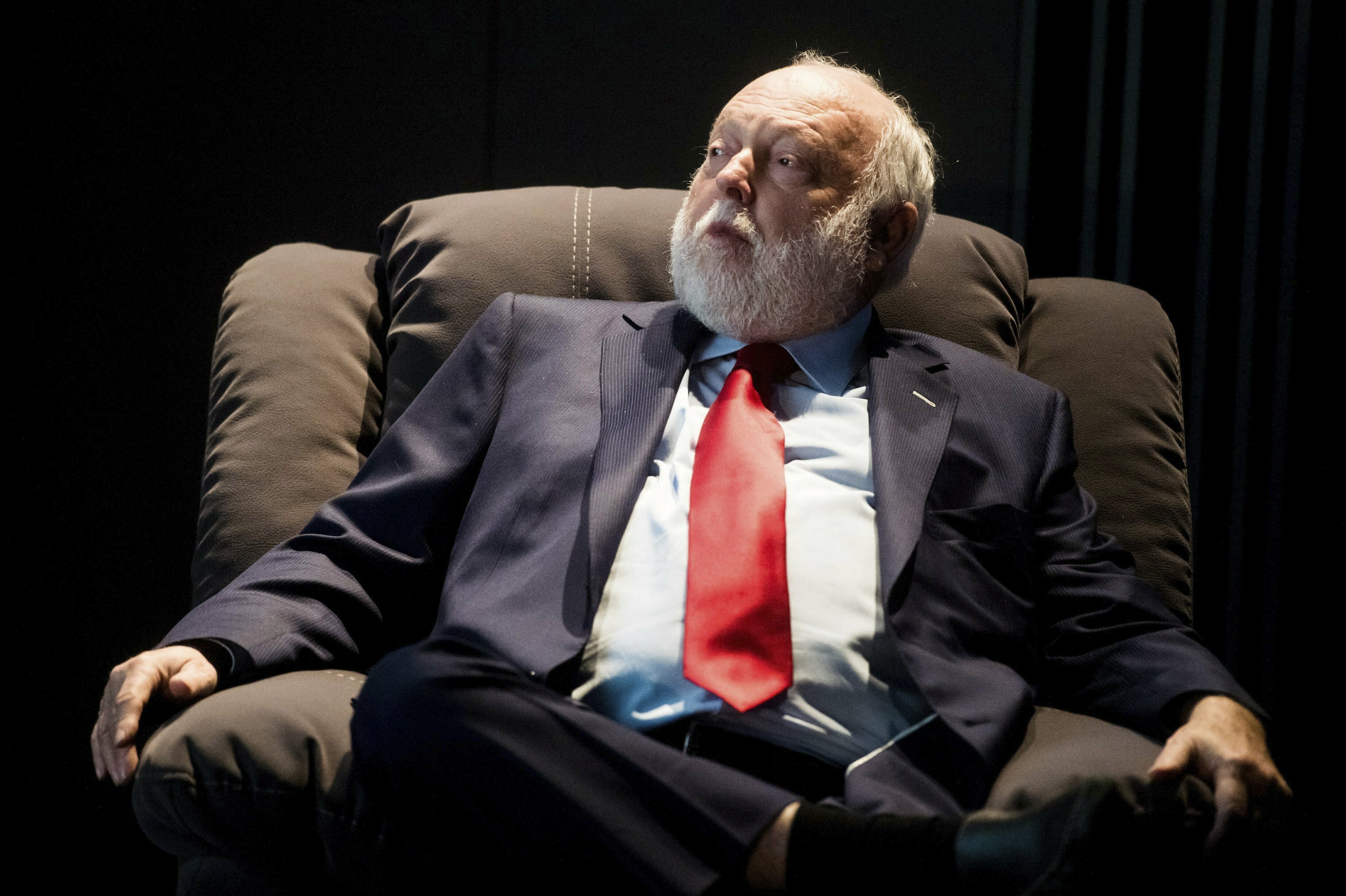
Hungarian-American film producer Andy Vajna has died at 74
BUDAPEST, Hungary (AP) — Andy Vajna, a Hungarian-American film producer who worked on several “Rambo” movies with Sylvester Stallone, “Total Recall” with Arnold Schwarzenegger and Madonna’s “Evita,” has died. He was 74.
Vajna, who produced many other films, died Sunday at his Budapest home after a long illness, Hungary’s National Film Fund said.
Schwarzenegger remembered Vajna as “a dear friend and a revolutionary force in Hollywood.”
“He proved that you don’t need studios to make huge movies,” Schwarzenegger posted on Twitter. “He had a huge heart, and he was one of the most generous guys around. I’ll miss him.”
Stallone paid tribute to Vajna on Instagram, calling him “a pioneer” and “the man that made Rambo” happen. Vajna believed in “First Blood,” the first Rambo film, “when no one else did. This truly breaks my heart,” Stallone said.
Vajna was also owner of the TV2 Group, a Hungarian company which owns several television channels, including TV2, one of Hungary’s two main broadcasters and politically aligned closely with Prime Minister Viktor Orban’s government.
“We are bidding farewell to the greatest Hungarian film producer,” Orban posted on his Facebook page. “Hasta la vista, Andy! Thank you for everything, my friend!”
Since 2011, Vajna had been a commissioner in the Orban government, in charge of developing Hungary’s film industry.
Hungarian films have won several top prizes at recent international festivals. In 2016, “Son of Saul,” financed mostly by Hungary’s National Film Fund, won the Oscar for best foreign language film.
Vajna, who enjoyed a state-granted monopolistic concession on Budapest casinos, was recently listed by the Hungarian edition of Forbes magazine as the 18th richest Hungarian, with a net worth estimated at nearly $240 million. He also owned Radio 1, a radio station popular across the country.
The producer was born Andras Gyorgy Vajna in Budapest on Aug. 1, 1944, and escaped Hungary’s communist regime in 1956 with help from the International Red Cross. After some time in Canada, he was reunited with his family in Los Angeles.
After studying at UCLA, Vajna operated cinemas in Hong Kong, where he also established a successful wig-making company.
In the mid-1970s, Vajna set up Carolco, a film production firm, with Mario Kassar. Besides the Rambo series, the two men were also behind films like “Victory” — starring Stallone, Michael Caine and Pele; “Red Heat” and “Total Recall,” starring Schwarzenegger; and “Angel Heart” and “Johnny Handsome” with Mickey Rourke.
After leaving Carolco in 1989, Vajna’s films included “Terminator 3: Rise of the Machines,” ”Die Hard with a Vengeance,” ”The Scarlet Letter,” ”Nixon” and “I Spy.”
He also produced several successful Hungarian films and was co-owner of Korda Studios, in the village of Etyek, near Budapest, where “The Martian,” ”Inferno” and “Hellboy II: The Golden Army” were filmed.
Late last year, Vajna was among a handful of businesspeople close to Orban who donated most of their media holdings to a nonprofit foundation overseen by an Orban ally, a move which put over 470 publications under even closer political control.
Vajna is survived by his wife, Timea.
The Western Journal has not reviewed this Associated Press story prior to publication. Therefore, it may contain editorial bias or may in some other way not meet our normal editorial standards. It is provided to our readers as a service from The Western Journal.
Truth and Accuracy
We are committed to truth and accuracy in all of our journalism. Read our editorial standards.
Advertise with The Western Journal and reach millions of highly engaged readers, while supporting our work. Advertise Today.












